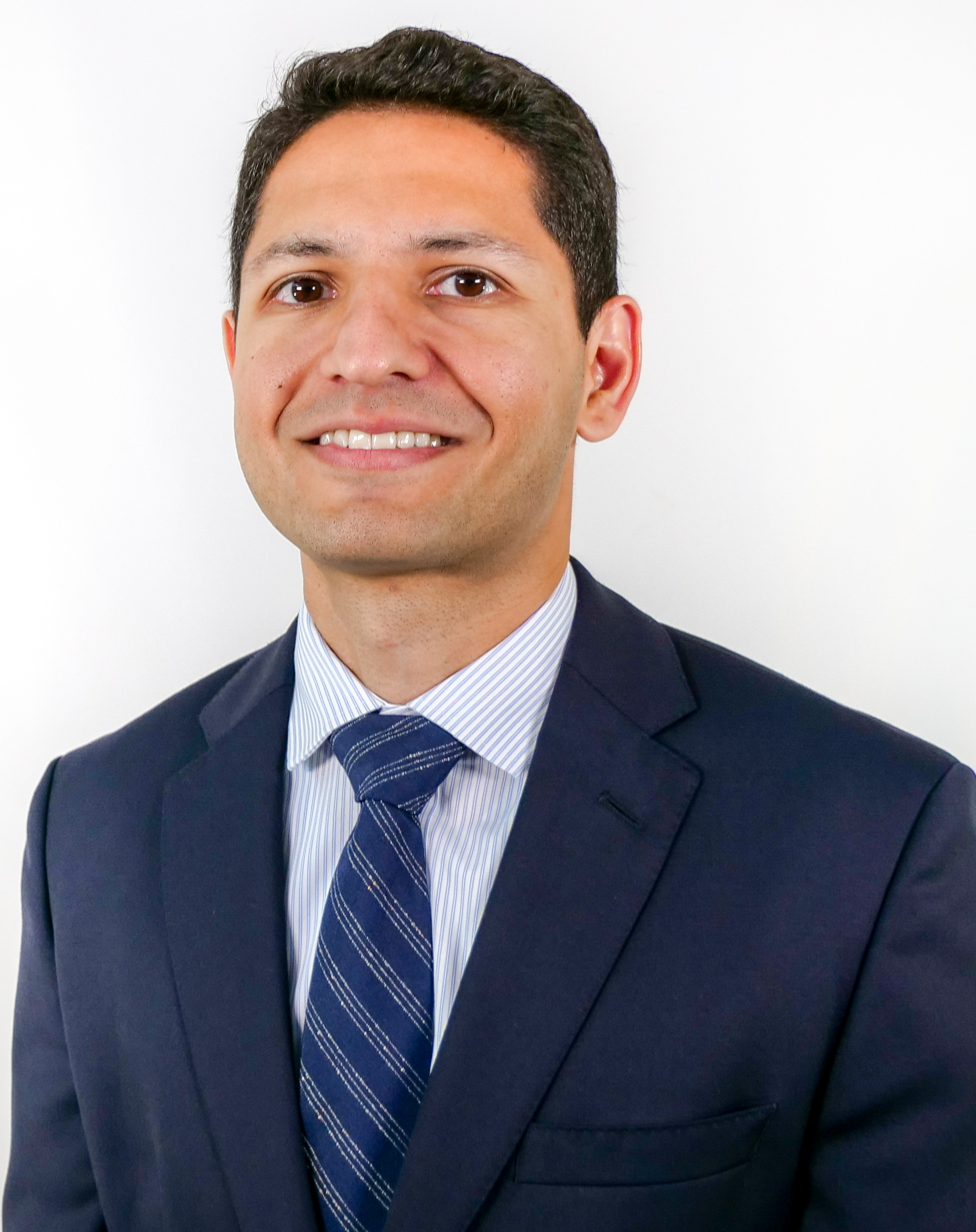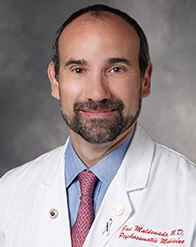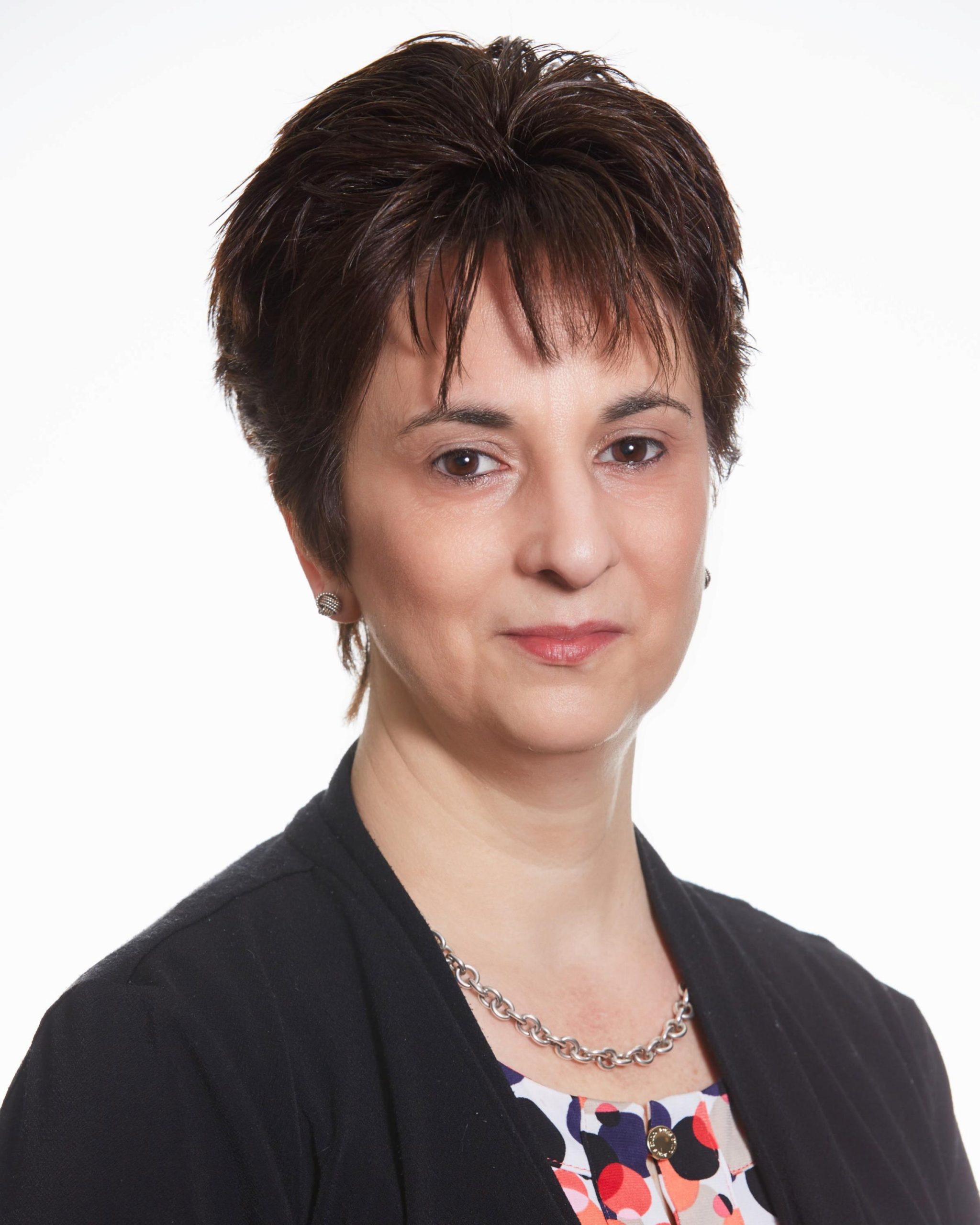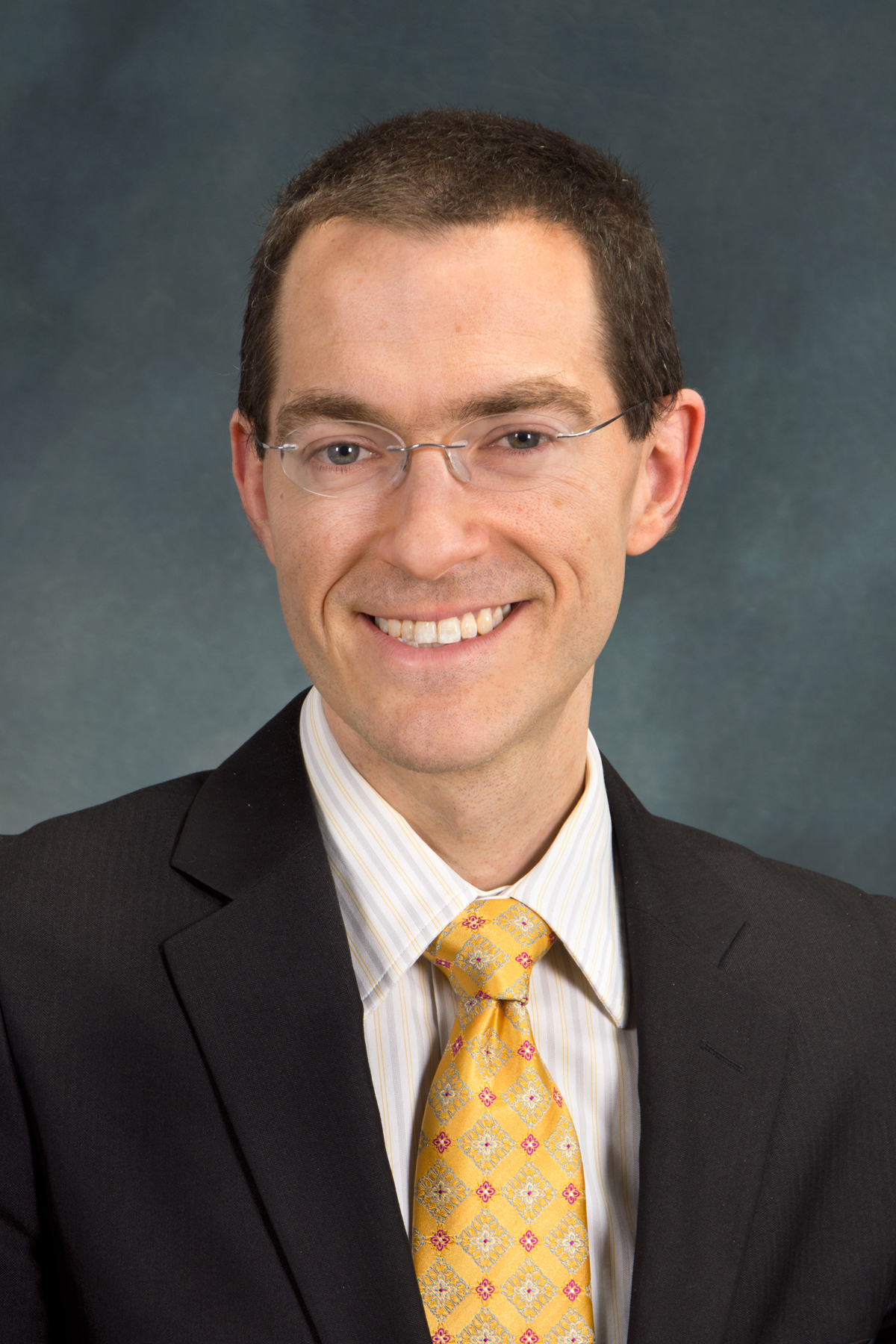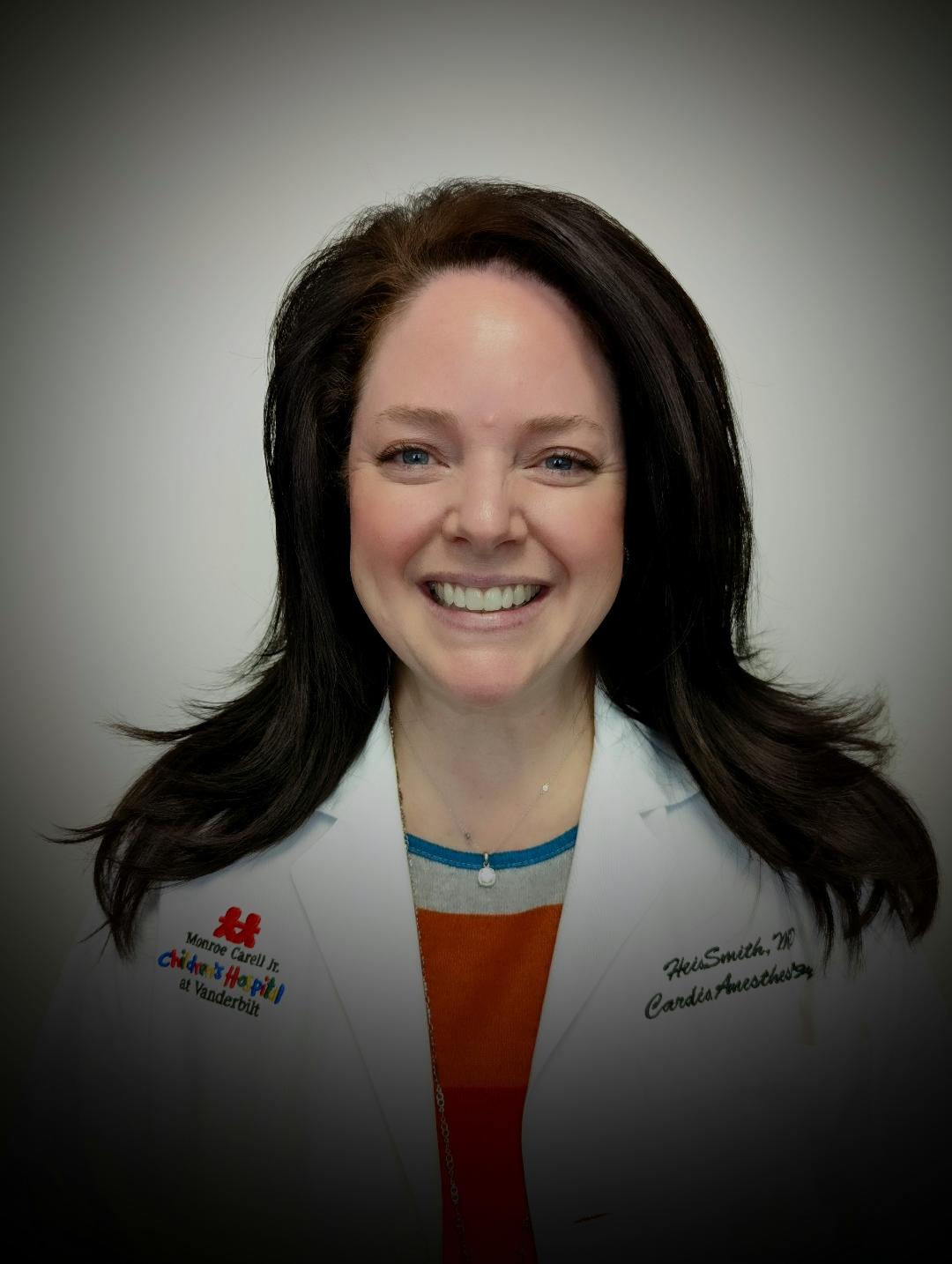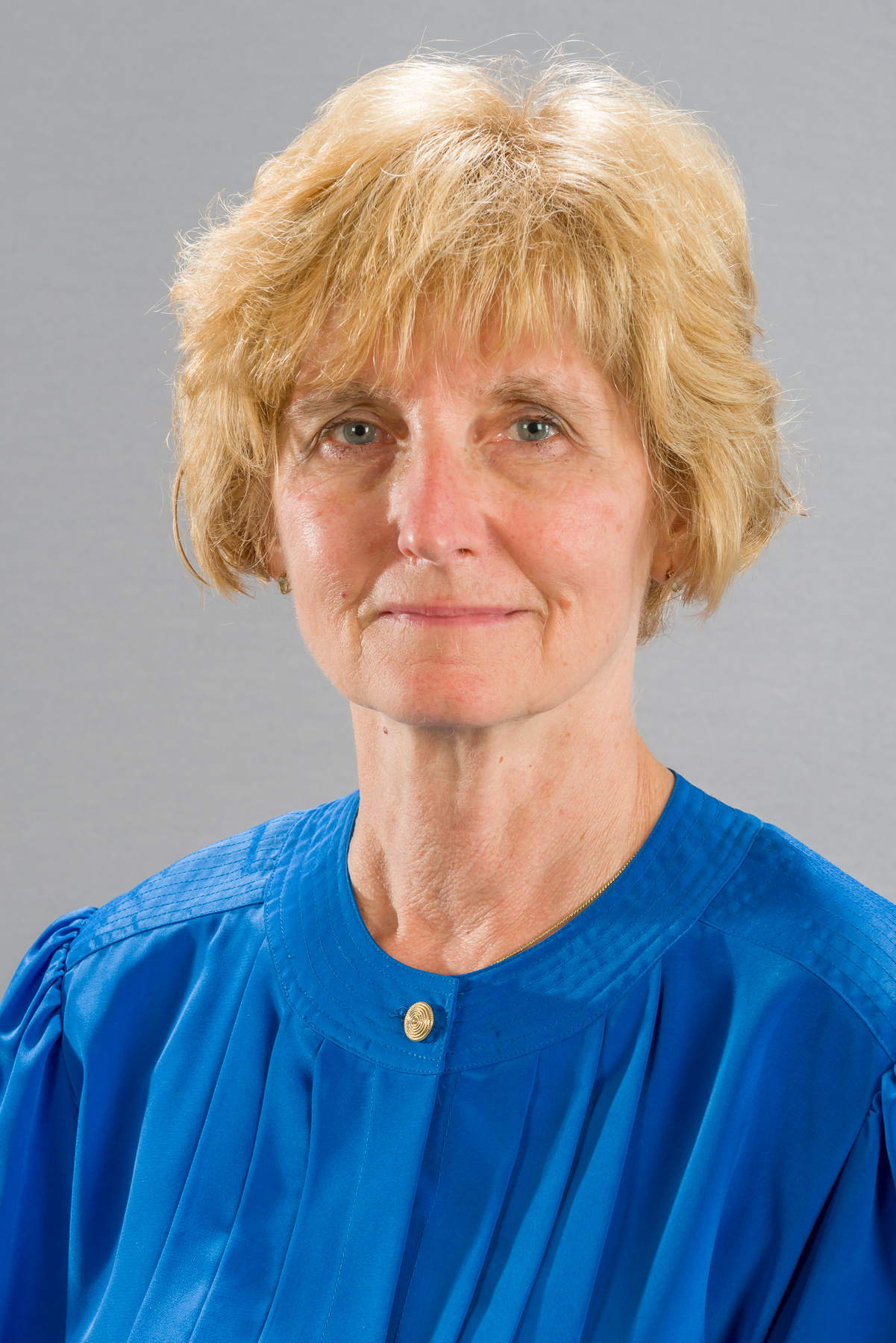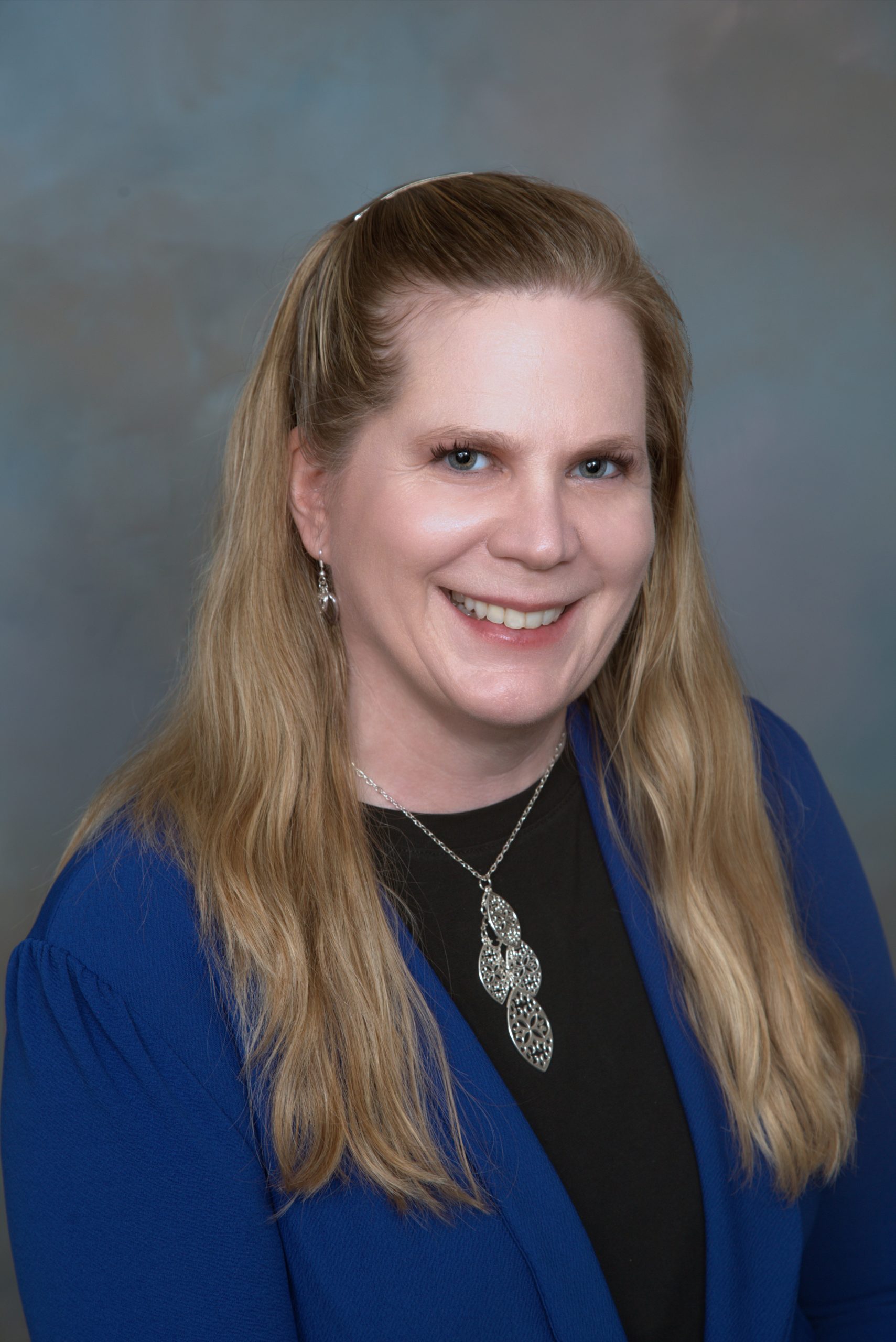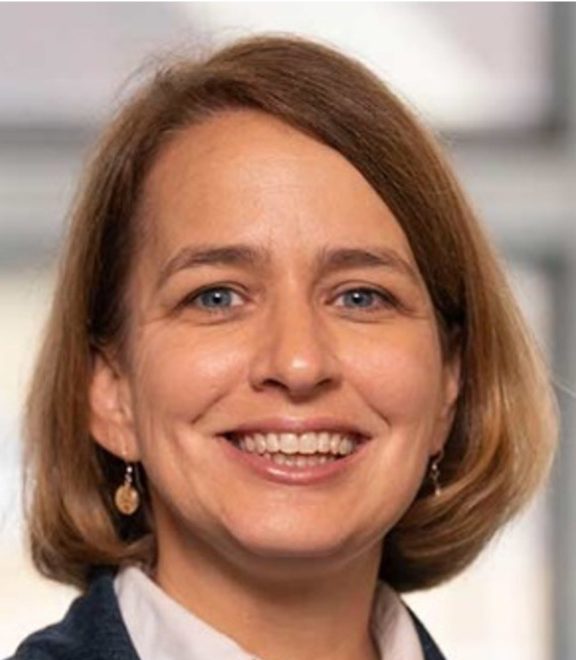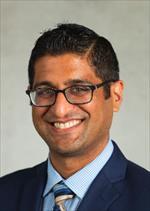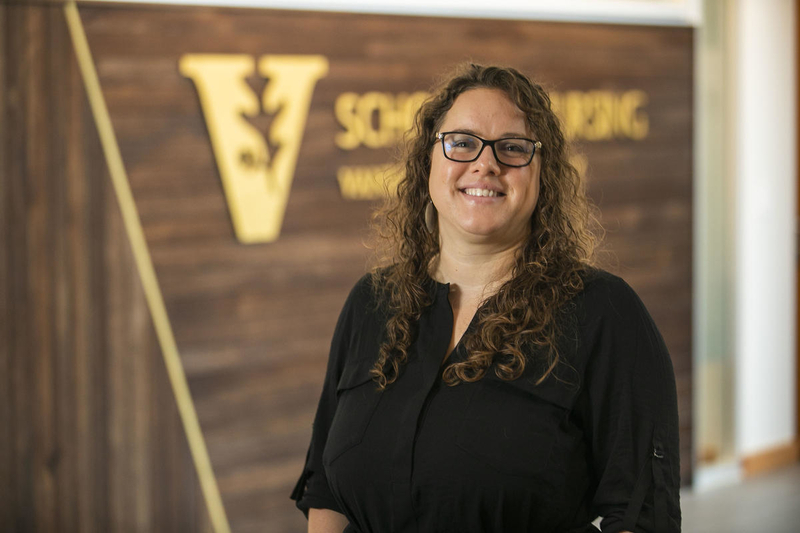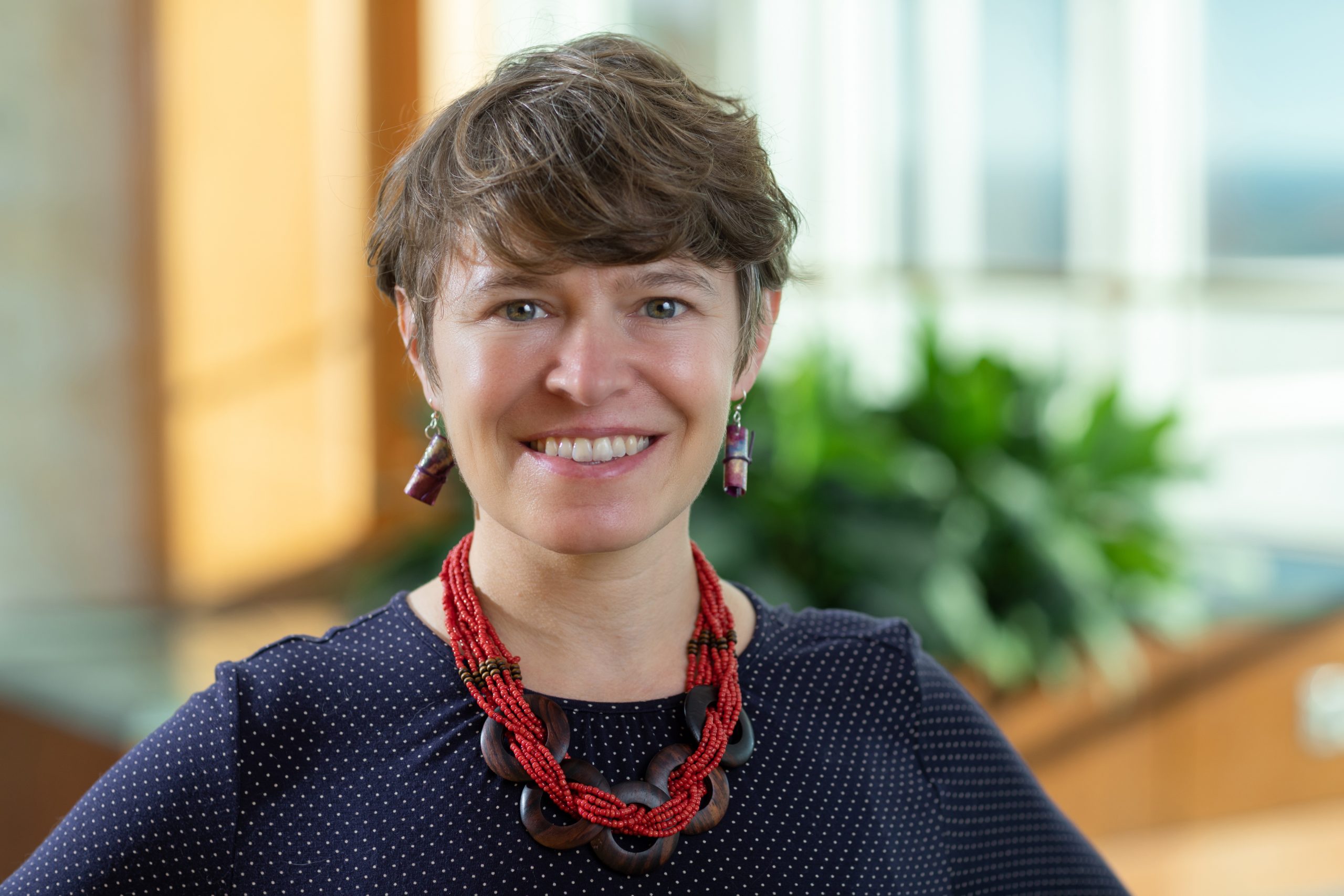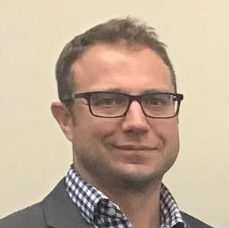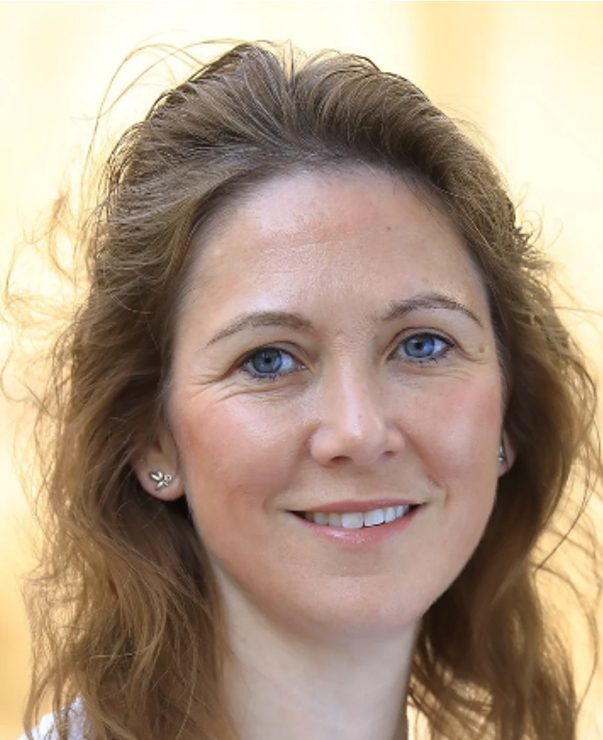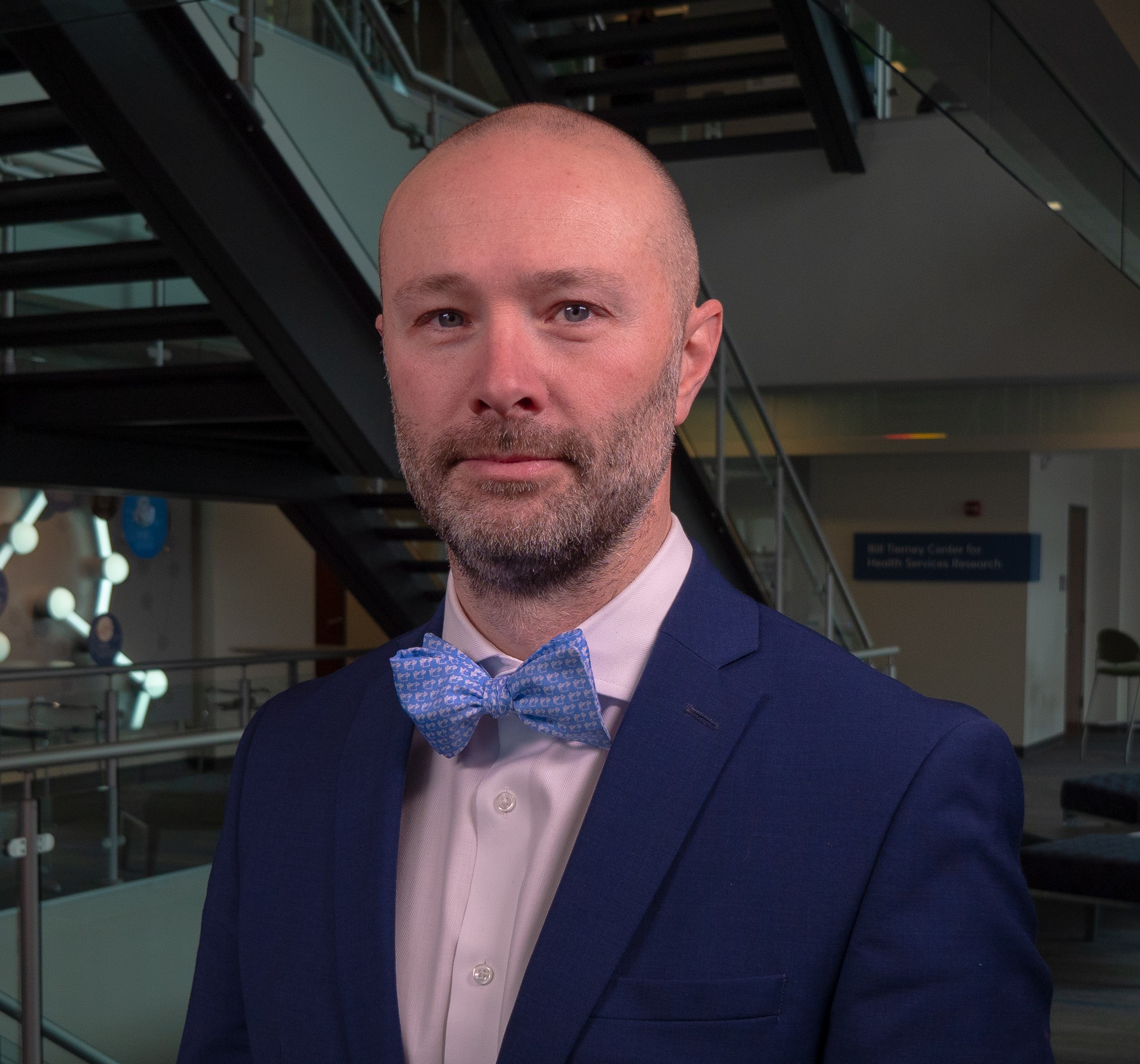
13th Annual American Delirium Society Conference
Engage, Enhance, Evolve: Reclaiming Life From Delirium
Track #1 Delirium Across the Lifespan: Use of an Age-Friendly Framework
BREAKFAST
WELCOME
- Alex Barry M.B.A., R.N.
Introduction to Delirium; Definition, epidemiology, risks and outcomes
- Faculty: Alasdair MacLullich BSc, MB ChB, MRCP(UK), PhD, FRCPE
- Sikandar Khan DO, MS
- Alex Barry RN, MBA
Delirium Screening in adult and pediatric patients
- Faculty: Karen Sheppard RN
- Alex Barry RN, MBA
- Heidi Bean RN
COFFEE / SNACK
Delirium Superimposed on Dementia
- Faculty: Donna M. Fick PhD, GCNS-BC, FAAN
Non-Pharmacologic Prevention and Management Strategies
- Faculty: Bethany Young PhD(c), RN, AGCNS-BC, CCRN
- Michelle Nai MSN, RN, GERO-BC
Pharmacologic Strategies for Delirium Management
- Faculty: Mark Oldham MD
Delirium Care Using the 4M Framework
- Faculty: Alice Bonner PhD, RN, FAAN
- Donna M. Fick PhD, GCNS-BC, FAAN
Pediatric Considerations on Delirium Prevention & Management
- Faculty: Heidi Bean RN
- Heidi Smith MD, MSCI
LUNCH
Patient and Family Experiences
- Faculty: Karla Krewulak PhD
Instructions for Rotating Simulation Breakouts
- Faculty: Chris Waszynski DNP, APRN, GNP-BC, FAAN
Simulation #1 – Adult - Medical Focus
- Faculty: Matthew Duprey Pharm.D.
- Karla Krewulak PhD
- Kerri Maya PhD, RN
- Bethany Young PhD(c); RN; AGCNS-BC; CCRN
Simulation #2 – Pediatric
- Faculty: Alex Barry RN, MBA
- Heidi Bean RN
- Molly Gangopadhyay M.D.
- Heidi Smith M.D., M.S.C.I.
Simulation #3 –Adult- Surgical Focus
- Faculty: Alice Bonner Ph.D., R.N., FAAN
- Michelle Nai M.S.N., R.N., GERO-BC
- James Rudolph M.D.
Question and Answer Session
- Faculty: Chris Waszynski DNP, APRN, GNP-BC, FAAN
- Heidi Smith MD, MSCI
This educational track provides the participants with an excellent foundation for understanding delirium pathophysiology and how to approach screening.
The morning session will include educational presentations on delirium epidemiology, screening, and management for patients of all ages. Afternoon simulation sessions will provide hands-on experience and promote confidence for delirium screening and care of both pediatric and adult patients. The day will conclude with a Question & Answer session.
Faculty will include key adult and pediatric delirium experts such as Alice Bonner, PhD, RN, FAAN, Donna Fick, PhD, GCNS-BC, FAAN, Professor Alasdair Maclullich, BSc, MB ChB, MRCP(UK), PhD, FRCPE, Heidi Smith, MD, MSCI, Molly Gangopadhyay, MD, Jose Maldonado, MD, FAPM, Mark Oldham, MD, Matthew Duprey, PharmD, Heidi Bean, RN, Karen Sheppard, RN, Karla Krewulak, PhD, Michelle Nai, MSN, RN, GERO-BC, Jim Rudolph, MD, Chris Waszynski, DNP, APRN, GNP-BC, FAAN, Bethany Young, PhD(c), RN, AGCNS-BC, CCRN, and Alex Barry, RN, MBA.
TRACK #2 Leading, Implementing, and Sustaining an Effective Delirium Quality Improvement Project
Breakfast
Welcome
- Stacey Williams D.N.P., A.P.R.N., CPNP-AC
KEYNOTE: The Value of QI and Collaboratives for Delirium EBP
- Faculty: Brenda Pun D.N.P., R.N., FCCM
Taking the First Step: Introduction to the Model for Improvement
- Faculty: Biren Kamdar M.D., M.B.A., M.H.S.
- Stacey Williams D.N.P., A.P.R.N., CPNP-AC
Identifying the Problem: What are We Trying to Accomplish?
- Faculty: Leanne Boehm PhD, Ph.D., R.N., ACNS-BC, FCCM
BREAKOUT: Share Project Idea and Problem Areas
Team Development: Selecting Stakeholders and Addressing Nay-sayers
- Faculty: Kristina Betters M.D.
The Sales Pitch: Effective Storytelling and Navigating Competing Agendas
- Faculty: Biren Kamdar M.D., M.B.A., M.H.S.
BREAKOUT: Team Brainstorming and Practice Sales Pitch
LUNCH
SMART Aim and Quality Improvement Measures
- Faculty: Brenda Pun D.N.P., R.N., FCCM
BREAKOUT: Define SMART Aim and Identify Project Measures
Project Implementation and PDSA Cycles
- Faculty: Brenda Pun D.N.P., R.N., FCCM
Data Collection and Analysis for Quality Improvement
- Faculty: Stacey Williams D.N.P., A.P.R.N., CPNP-AC
- Leanne Boehm Ph.D, R.N., ACNS-BC, FCCM
BREAKOUT: Brainstorm the Who, What, When, and How
Sustainability and Dissemination
- Faculty: Brenda Pun D.N.P., R.N., FCCM
- Leanne Boehm Ph.D., R.N., ACNS-BC, FCCM
Question and Answer Session
- Faculty: Stacey Williams D.N.P., A.P.R.N., CPNP-AC
This full-day workshop equips participants with the skills necessary to develop and lead a delirium-related quality improvement project within their clinical setting. Specific focus areas include orientation to quality improvement methods, project design and approach, team development and stakeholder identification, communication strategies, data collection and measures, data analysis, sustainability, and dissemination. Workshop and breakout sessions will provide for robust brainstorming and discussion of key quality improvement methods and implementing new evidence-based practices, and strategies to improve patient care. This session can be further augmented by attendance at quality improvement workshop attendance during the main conference. Attendees will benefit from 6 months of ongoing project mentorship and coaching for enhanced success.
Faculty will include: Stacey Williams, DNP(c), APRN, CPNP-AC, Biren Kamdar, MD, MBA, MHS, Leanne Boehm, PhD, RN, ACNS-BC, Kristina Betters, MD.
Early Riser Networking Event
Registration / Breakfast / Exhibit Hall
Mentor-Mentee Breakfast (Pre-registration Required)
Meeting Announcements & Recognition of Partner Organizations
- Faculty: Jim Rudolph, M.D.
- Heidi Lindroth, Ph.D., R.N.
- Heidi Smith, M.D., M.S.C.I.
Welcome & Presidential Address
- Faculty: Esther Oh, M.D., Ph.D.
- ADS President 2022 - 2023
“Will Understanding the Pathogenesis of Delirium lead to New Therapies?”
- Plenary Presenter: Robert D. Sanders, B.Sc., M.B.B.S, Ph.D. F.R.C.A.
- Moderator: TBA
“Brain-derived Measures of Childhood Pain”
- Plenary Presenter: Rebeccah Slater, Ph.D., M.Sc., B.Sc., ARSM
- Moderator: Heidi Smith, M.D., M.S.C.I.
“Game Changing Approach for Delirium: Novel Bispectral EEG (BSEEG) Method and Epigenetic Investigation”
- Plenary Presenter: Gen Shinozaki, M.D., DFAPA, FACLP
- Moderator: TBA
Plenary Presenter Panel: EEG Innovations Across the Age Spectrum
- Moderator: TBA
COFFEE / SNACK
Breakout Sessions #1
- Faculty: Phillip Clark, Sc.D. (Chair)
- Sheldon Whitehouse (US Senator), J.D.
- Maria Cimini, M.S.W.
- Ana Tuya Fulton, M.D., M.B.A.
- Moderator: Adrian Austin, M.D., MSCR
- 10:35-10:50 AM Shixie Jiang, M.D.
- 10:50-11:05 AM John Rhee, M.D. M.P.H.
- 11:05-11:20 AM Man Kwan Kirsten Chui, B.S.
- 11:20-11:35 AM Felipe Salech, M/D. Ph.D
- Faculty: Leanne Boehm, Ph.D. R.N. ACNS-BC
- Kerri Maya, R.N.
- Stacey Williams, R.N.
- Alex Barry, R.N.
- Faculty: Onuma Chaiwat, M.D.
- Faculty: Oluwaseun Johnson-Akeju, M.D.
- Odmara Barreto Chang, M.D., Ph.D.
- Susana Vacas, M.D., Ph.D.
- Shiqian Shen M.D.
- Faculty: Maalobeeka Gangopadhyay, M.D.,
- Tasia York, M.D.
- Catherine Fuchs, M.D.
Breakout Sessions #2
- Faculty: Richard N. Jones, Sc.D.
- Ben Helfand, M.D., Ph.D.
- Fah Vasunilashorn, Ph.D.
- Miles Berger, M.D., Ph.D.
- Faculty: Christina Boncyk, M.D., M.P.H.
- Christopher Hughes, M.D., M.S
- Brian O'Gara, M.D.
- Hina Faisal, M.D.
- Faculty: Leanne Boehm, Ph.D. R.N. ACNS-BC (Chair)
- Kerri Maya, R.N.
- Stacy Williams, R.N.
- Alex Barry, R.N.
- Faculty: Federico Carlos Carini, M.D. (Chair)
- Kirsten M. Fiest, Ph.D.
- Lisa Burry, Pharm.D., Ph.D.
- Verónica Rojas, R.N
- Faculty: Niccolò Terrando, B.Sc., D.I.C., Ph.D. (Chair)
- Robert Sanders, B.Sc., M.B.B.S., Ph.D., DABA, FRCA
- Marcos Gabriel Lopez, M.D.
- Lori Daiello, Pharm.D., Sc.M
- Faculty: Maalobeeka Gangopadhyay, M.D. (Chair)
- Catherine Fuchs, M.D.
- Tasia York, M.D.
Lunch / Exhibits
Breakout Sessions #3
- Faculty: John Newman, M.D., Ph.D.(Chair)
- Colm Cunningham, Ph.D.
- Sara LaHue, M.D.
- Faculty: Erin Shadbolt, M.S.N., R.N. )(Chair)
- Margaret Paulson, D.O.
- Faculty: Jim Rudolph, M.D. (Chair)
- Mark Oldham, M.D.
- Shari Ling, M.D.
- Faculty: Sikandar Khan, D.O., M.S. (Chair)
- Babar Khan, M.D., M.S.
- Sophia Wang, M.D., M.S.
- Jin Han, M.D., M.Sc.
- Faculty: Elizabeth Colantuoni, Ph.D.
- Michael Harhay, Ph.D., M.P.H.
- Richard Jones, Sc.D.
- Faculty: Stephanie Chambers, A.P.R.N., AGCNS-BC (Chair)
- Heidi Lindroth, Ph.D., R.N.
- Sandeep Pagali, M.D
- Brianna Stang, R.N.
COFFEE
Breakout Sessions #4
- Faculty: Esther Oh, M.D. Ph.D.(Chair)
- Gen Shinozaki, M.D.
- Nadia Lunardi, M.D. Ph.D.
- Niccolò Terrando, B.Sc., D.I.C., Ph.D.
- Moderators: John Devlin, Pharm.D.
- Jan Busby-Whitehead, M.D.
- 2:40-2:55 PM Karla Krewulak, Ph.D.
- 2:55-3:10 PM Sangil Lee M.D.
- 3:10-3:25 PM Leah Acker, M.D., Ph.D.
- 3:25-3:40 PM Eleonora Rollo, M.D.
- Faculty: Shih-Yin Lin, Ph.D. M.P.H. MM (Chair)
- Jin Han, M.D. M.Sc.
- Sara LaHue, M.D.
- Lis Evered, Ph.D, M.Biostat
- C. Adrian Austin, M.D. MSCR
- Faculty: Friedrich Borchers, M.D.
- Lisa Eymold, M.Sc.
- Eva Janina Brandl, Dr. med., P.D.
- Faculty: Manisha Parulekar, M.D. (Chair)
- Lisa Tank, M.D.
- Nadine Benoit, M.P.A.
- Faculty: Jim Rudolph (Chair)
- Lynne Padgett from VA
- Yewande Akinbami from PCORI
- Pediatric
Breakout Sessions #5
- Faculty: Stacie Deiner, M.D., M.S. (Chair)
- Cecilia Canales, M.D.
- Heather Lander, M.D.
- Faculty: Zhongcong Xie, M.D., Ph.D.(Chair)
- Oluwaseun Johnson-Akeju, M.D.
- Robert Sanders, B.Sc., M.B.B.S., Ph.D., DABA, FRCA
- Faculty: Federico Carlos Carini, M.D. (Chair)
-
Brenda Pun, DNP R.N. FCCM
- Pratik Pandharipande, M.D.
- Faculty: Stephanie Chambers, APR.N., AGCNS-BC (Chair)
- Heidi Lindroth, Ph.D., R.N.
- Stephanie Chambers, M.S.N.
- Sandeep Pagali, M.D
- Moderators: Alasdair MacLullich, B.Sc., M.B.Ch.B., MRCPUK, Ph.D., FRCPE
- 3:50-4:05pm Carla Enriquez PT, Ph.D., D.P.T., MS, OCS
- 4:05-4:20pm Alasdair MacLullich, M.R.C.P. (UK), Ph.D.
- Faculty: Babar Khan, M.D. (Chair)
- Innovation
BREAK
Poster Viewing and Reception
Evening With Wes- Ticketed Event
Early Risers Networking Event
Registration / Breakfast / Exhibit Hall
Meet & Greet with ADS Conference Committees and SIGs
Welcome & In-coming Presidential Address
- Faculty: Noll Campbell, Pharm.D., M.S.
- ADS President 2023-2024
Meeting Announcements & Recognition of Partner Organizations
- Faculty: Jim Rudolph, M.D.
- Heidi Lindroth, Ph.D., R.N.
- Heidi Smith, M.D., M.S.C.I.
Awake and Walking ICUs: True Mastery of the ABCDEF Bundle
- Plenary Presentor: Kali Dayton, D.N.P., AGACNP
- Moderator: TBA
“Nanomembranes and Tissue Chips: New Tools for Modeling the Human Blood-brain Barrier and Uncovering the Mechanisms of Brain Injury During Systemic Inflammation”
- Plenary Presenter: James McGrath, Ph.D.
- Moderator: TBA
Plenary Presenter Panel: From Discovery to Translation at the Bedside
- Moderator: TBA
COFFEE / SNACK
Breakout Sessions #6
- Faculty: Mani Santhana Krishnan, FRCPsych (chair)
- Rashi Negi, FRCPsych
- Moderator: Thiago Avelino, M.D., Ph.D.
- 10:20 – 10:35 AM Richard Lennertz, M.D., Ph.D.
- 10:50-11:05 AM Nadia Lunardi, Ph.D., M.D.
- 11:05-11:20 AM Raif Simao
- Faculty: Heidi Lindroth, Ph.D., R.N. (Chair)
- Sumera Ahmed, M.B.B.S.
- Kimberly Johnson, M.D.
- Lioudmila Karnatovskaia, M.D.
- Faculty: Elizabeth Colantuoni, Ph.D. (chair)
- Michael Harhay, Ph.D., M.P.H.
- Faculty: Annmarie Hosie Ph.D. R.N. (chair)
- Frederick Graham Ph.D. R.N.
- Meera Agar M.D.
- Faculty: Sapna Kudchadkar, M.D. Ph.D. (chair)
- Rishi Ganesan, M.B.B.S. M.D. DM
- Sudhin Shah, Ph.D.
- Xiuhua Bozarth, M.D. Ph.D.
Breakout Sessions #7
- Moderators: Frederick Sieber, M.D.
- John Devlin, Pharm.D.
- 11:30 – 11:45 AM Moushin Shafi, M.D., Ph.D.
- 11:45 – 12:00 PM Zachary Kunicki Ph.D., M.S., M.P.H.
- 12:00-12:15 PM Ben Palanca, M.D., Ph.D., M.Sc.
- 12:15-12:30 PM Flavia Garcez, M.D.
- Faculty: Kendra Hinton-Froese, Ph.D. (Chair)
- Sophia Wang, M.D.
- Patricia Andrews, M.D.
- Leanne Boehm, Ph.D., R.N., ACNS-BC (Chair)
- Kerri Maya, R.N.
- Stacey Williams, R.N.
- Anna Satake, R.N.
- Alex Barry, R.N.
- Faculty: Shibley Rahman, M.A., MB BChir, Ph.D., MRCPUK, LLM, LLB,
MBA (Chair)
- Mark Oldham, M.D.
- Sara LaHue, M.D.
- Eyal Kimchi, M.D., Ph.D.
- Niccolò Terrando, B.Sc., D.I.C., Ph.D.
- Michael Reznik, M.D.
- Miles Berger, M.D., Ph.D. (Chair)
- Igor Feinstein, M.D., Ph.D.
- S. Kendall Smith, M.D., Ph.D.
- Christina Young, Ph.D.
- Faculty: Kristina Betters, M.D. (Chair)
- Yu Kawai, M.D.
- Jessika Boles, Ph.D., CCLS
- Kaitlyn Minchen, M.S., SLP
LUNCH / EXHIBITS
Business Meeting & Awards
Breakout Sessions #8
- Faculty: Tamara Fong, M.D., Ph.D. (Chair)
- Esther Oh, M.D., Ph.D. (Co-Chair)
- Sophia Wang, M.D.
-
Priyanka Shrestha, Ph.D, M.G.S., R.N.
- Edward Marcantonio, M.D., S.M. (Chair)
- Towia Libermann, Ph.D.
- Balachundar Subramaniam, M.B.B.S.
- Sarinnapha Vasunilashorn, Ph.D.
- Long Ngo, Ph.D.
- Faculty: Leanne Boehm, Ph.D., R.N., ACNS-BC (Chair)
- Kerri Maya, R.N.
- Stacey Williams, R.N.
- Anna Satake, R.N.
- Alex Barry, R.N.
- Faculty: Megan B. Sands, BMBS, FAChPM, M.PHIL (Chair)
- George E. Taffet, M.D., FACP
- Kathryn Agarwal, M.D., FACP
- Alasdair MacLullich, B.Sc., M.B. Ch.B., MRCPUK, Ph.D., FRCPE
- Faculty: Kyle Hendrie, D.O., B.S. (Chair)
- Nimit Agarwal, M.D., FACP, AGSF, HMDC
- Marianne Klugheit, M.D.
- Faculty: TBA
COFFEE
Breakout Sessions #9
- Faculty: Dana Bisson, M.S.N., R.N.
- Christine Waszynski, D.N.P., APRN
- Moderators: Rich Jones, Sc.D.
- Tom Travison, Ph.D.
- 2:40-2:55 PM Thiago Avelino-Silva, M.D., Ph.D.
- 2:55-3:10 PM Tanya Mailhot, Ph.D., R.N.
- 3:10-3:25 PM Ting Ting Wu, Pharm.D., B.C.P.S.
- 3:25-3:40 PMKendrick Shaw, Ph.D., M.D.
- Faculty: Kendall Smith, M.D., Ph.D. (chair)
- Emma Cunningham, MRCP, Ph.D.
- Kelly Potter, Ph.D., R.N., CNE
- Pratik Sinha, M.D., Ph.D.
- Faculty: Megan B. Sands, BMBS, FAChPM, M.PHIL (Chair)
- George E. Taffet, M.D., FACP
- Kathryn S. Agarwal, M.D., FACP
- Alasdair MacLullich, B.Sc.(Hons), M.B.Ch.B., MRCP, Ph.D.
- Faculty: Clay Angel, M.D. (Chair)
- Kristen Brooks, M.D.
- Faculty: Sophia Wang, M.D., M.S. (Chair)
- Homer Twigg, M.D.
- Babar Khan, M.D., M.S.
- Heidi Lindroth, Ph.D., R.N.
BREAK
Breakout Session #10
- Faculty: Shirley Bush, M.B.B.S., MRCGP, FAChPM (Chair)
- Meera Agar, Ph.D., MPC, MBBS, FRACP, FAChPM
- Moderator: Kendall Smith, M.D., Ph.D.
- 3:50-– 4:05 PM Ahmed Eltarras, M.D.
- 4:05 – 4:20 PM Shu-Fen Saio, Ph.D. Student
- 4:20 – 4:35 PM Chai-Hing Lin, Ph.D. Student
- 4:35 – 4:50 PM Shoki Okuda, Ph.D
- Faculty: Mriganka Singh, M.D. (Chair)
- Christopher Hughes, M.D.
- Lauren Scully, R.N., BSN, ONC
- Kamal Maheshwari, M.D., M.P.H.
- Gregg Nelson, M.D., Ph.D.
- Faculty: Heidi Lindroth, Ph.D., R.N. (Chair)
- Vitaly Herasevich, M.D.
- Parisa Rashidi, Ph.D.
- William Beninati, M.D.

